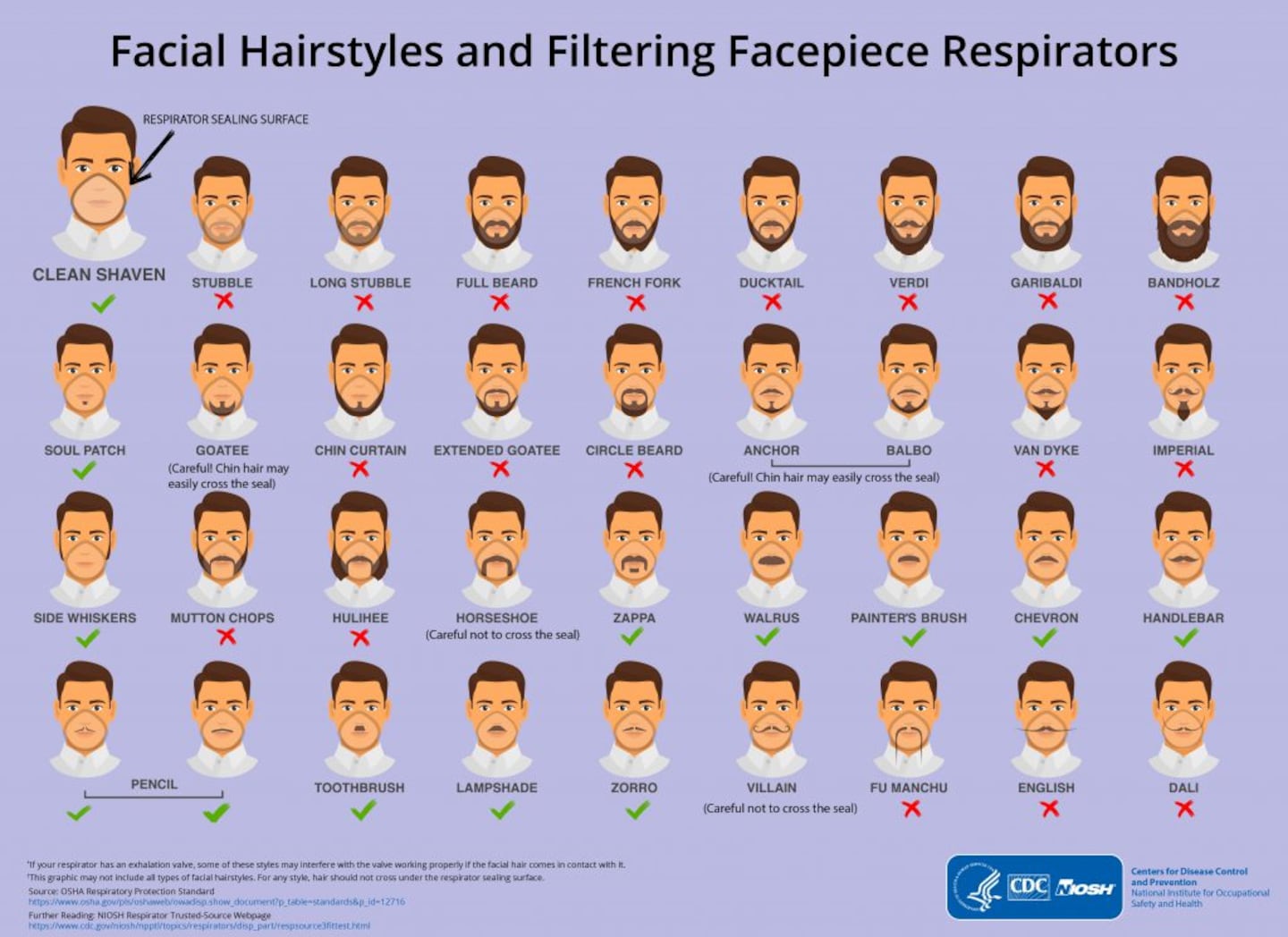ATLANTA — Many people are considering buying a face mask as the cases of the coronavirus spread around the world.
The Atlanta-based Centers for Disease Control and Prevention previously issued best practices for wearing face masks in 2017, and they could be applied to today’s current events, but only if the proper procedure is followed.
First of all the government agency warns surgical masks (like the one seen in the photo above) are not respirators.
They are disposable coverings that are designed to be loose-fitting over your nose and mouth. That means they should never be used for protection against infectious aerosolized particles, according to the CDC website.
The CDC says the only real protection against airborne particles would be a respirator or surgical respirator device cleared by the FDA as a medical device.
Some types of beards and mustaches may not allow the face masks to properly protect against the coronavirus.
A chart created by the CDC a few years ago is now circling the Internet. It says that facial hair that lies along the sealing area of a respirator, such as beards, sideburns, or some mustaches, will interfere with respirators that rely on a tight facepiece seal to achieve maximum protection.
Facial hair is a common reason that someone cannot be fit tested.
The CDC released a chart that shows which facial hair styles will and will not work.
The CDC said that research showed that the presence of facial hair under the sealing surface causes 20 to 1,000 times more leakage compared to clean-shaven individuals.
© 2020 Cox Media Group






